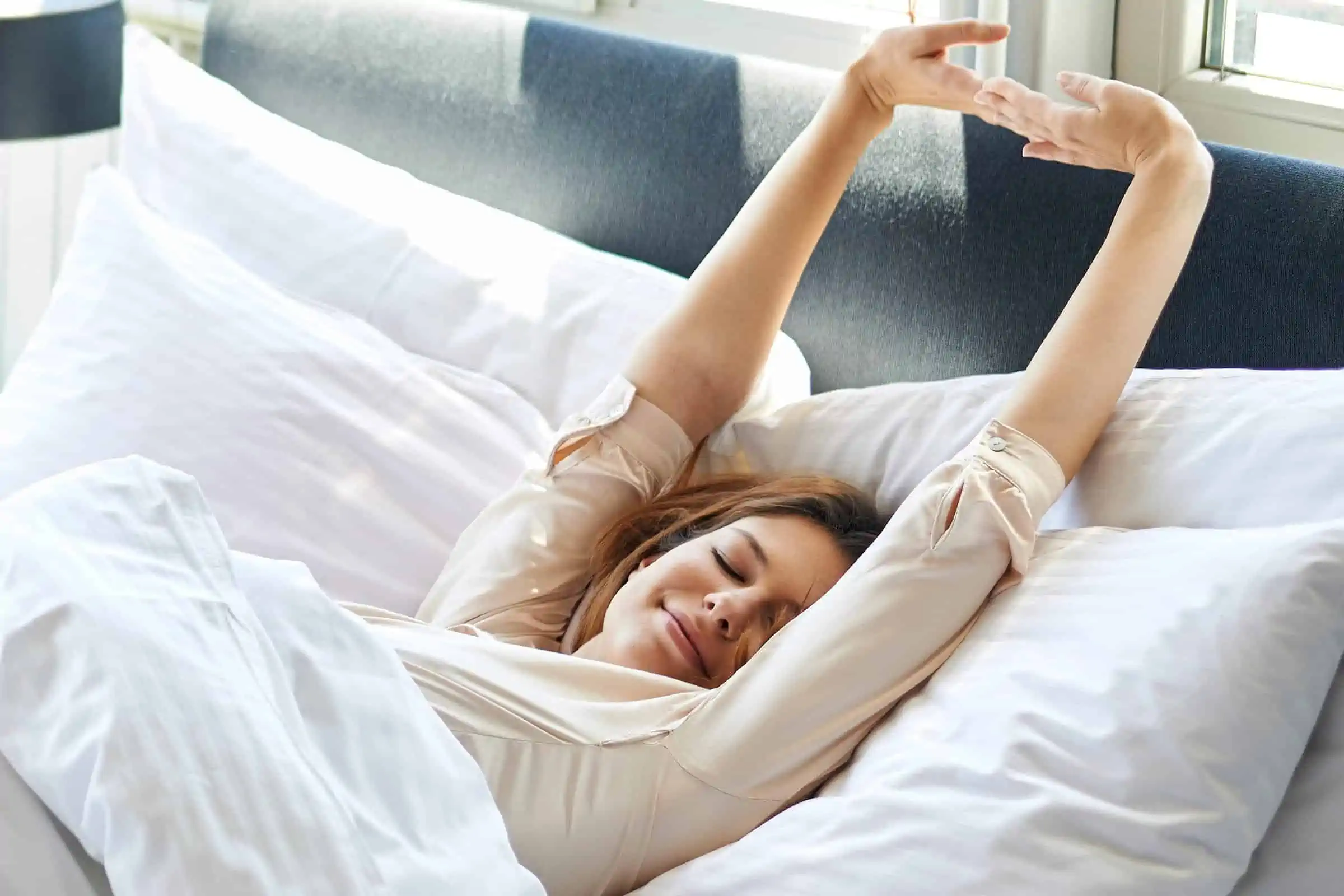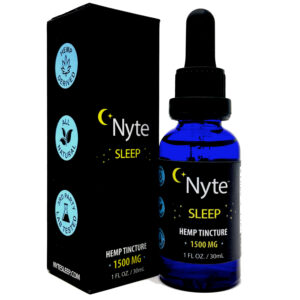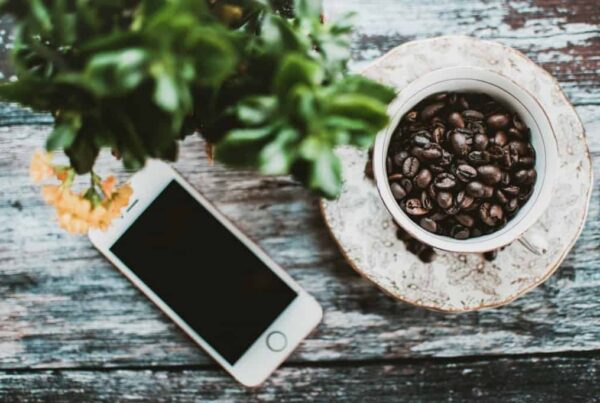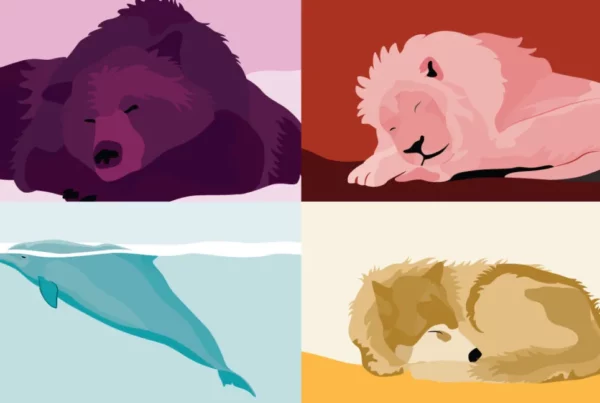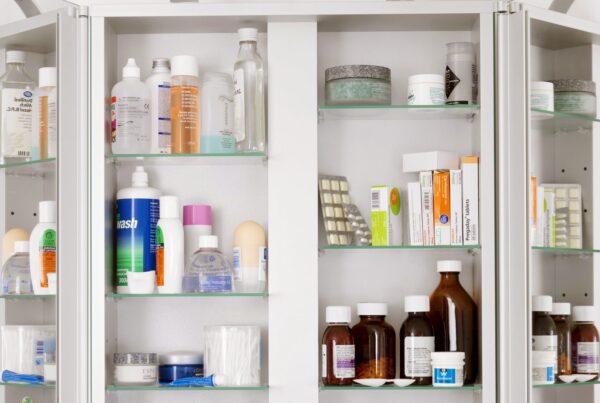The Daily Routine of a Sleep Champion
The Power Down Hour is the last hour of your nighttime routine, now it’s time to look at the habits you may have, leading up to that critical final hour before bedtime. We often overlook just how much the things that we do hours before going to bed can influence not only how long it takes to fall asleep, but our actual sleep quality, which determines how well-rested we are the next day. If there are two things that have the most dramatic effect on our sleep, they are alcohol and caffeine.
Now, we know that you’ve heard this before. It sounds like a no-brainer, right? But, few actually understand exactly why both alcohol and caffeine can be so disruptive to sleep, and then recognizing the chemical changes that take place in the body when consuming these substances, which can help us make better choices, and understand the science behind sleep even better.
Alcohol and Caffeine: Your Sleep’s Biggest Enemies
Both alcohol and caffeine play huge roles in our culture, hence indulging in both is completely normalized in our society. After all, any given town in America averages several bars and coffee houses. We are so used to consuming alcohol and caffeine that we overlook the effects that they have on our bodies – and, more specifically, our sleep.
Alcohol
Did you know that alcohol is the #1 “sleep aid” in the world? The reason why we put “sleep aid” in quotations is because in many ways, it’s anything but. Sure, we know what you’re thinking – alcohol makes you feel sleepy, and helps you fall asleep faster. Right? Well, there’s more to it than just that.
You might find yourself falling asleep faster after you have a drink or two, but that doesn’t mean that you’re doing yourself favors in the long run. In fact, the opposite is true. Alcohol prevents deep sleep, which means that you can sleep for hours and never feel well-rested. We now know that alcohol causes what’s known as alpha/delta sleep. During our lightest sleep stage, we’re producing alpha waves, which never actually put is into a state of deep, restorative sleep. Meanwhile, it’s the delta waves that take over during deep sleep that allow us to wake up feeling completely refreshed. When alcohol is present in the body, we’re producing both alpha and delta waves, and those alpha waves prevent us from ever entering that deepest stage of our sleep that’s the most important to our wellbeing.
Then, there’s the fact that alcohol is dehydrating, and that dehydrated feeling can make us wake up early, reaching desperately for a glass of water. Also, a hangover is caused by two things: dehydration, and poor sleep quality.
So, what does this mean for the average person? Well, two primary things:
- Give Yourself One Hour Per Drink Before Lights Out: It takes the body about one hour to process alcohol, so take into account one hour per drink before lights out time. This means that if you have to glasses of wine with dinner at 8PM, allow for 2 hours to pass, since it takes an hour to process each glass.
- A Glass for a Glass: With each drink, follow it up with a glass of water. This will help prevent dehydration.
Caffeine
Caffeine is the most abused substance in the world. Ask anyone who drinks 8 cups of coffee a day just to be able to stay awake. Most coffee lovers no longer notice its effects at all, that is until they stop drinking it. In fact, caffeine is so addictive that stopping it cold turkey can lead to serious health consequences, so we don’t recommend that approach – instead, try weaning yourself off, if you choose to give it up entirely.
Caffeine, as we know, stimulates the nervous system. It enhances our ability to focus, stay alert and feel awake. Caffeine also blocks adenosine, a neurochemical that increases throughout the day leading up to bedtime, making us feel more and more tired by the hour. Blocking adenosine means that our body never ends up making enough melatonin to keep us in our innate sleep cycle. In fact, caffeine negatively impacts melatonin levels even more than exposure to bright light.
It takes about 25-45 minutes for the effects of caffeine to peak. These effects can last for hours, even if your tolerance is so high that you barely notice. In fact, caffeine has a half life of about 6 to 8 hours. This means that if you consume a cup of coffee at 4PM, that caffeine is still affecting your nervous system at midnight. And, we now know that caffeine keeps you in the lighter stages of sleep, just like alcohol. So, what can you do to minimize the effects of caffeine on your sleep?
It’s simple: no more caffeine after 2PM. Basically, this ensures that by 10PM, the caffeine is fully out of your system, and has just about no chance of negatively impacting your sleep. Even if you think that you fall asleep easily after guzzling down espresso all night, the reality is that you’re never entering that deep sleep stage that our bodies need.
So, when can you start drinking caffeine? Interestingly, the best time isn’t immediately upon waking up – it’s 90 minutes after. Adrenaline and cortisol are the neurochemicals that wake us up in the morning, doing the work of caffeine by enhancing focus and energy levels. After 90 minutes, those neurochemicals start to decline, and that’s when a cup of coffee can come in handy.
To Summarize:
- Stop drinking caffeine by 2pm so that it’s out of the body by 10pm
- If you’re drinking alcohol, wait an hour for each drink you had prior to lights out
- Drink a glass of water for every glass of alcohol to prevent dehydration
And, don’t forget to keep on using your sleep tracker (coupled with taking a Nyte™ Sleep Tincture or Nyte™ Sleep Gummies) now that you’re making these new adjustments to your routine. This will display how much these changes can dramatically affect your sleep each night.

